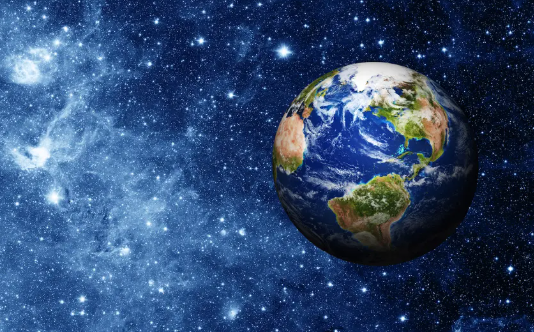Life and existance are profound concepts that have intrigued humans for centuries. Existence refers to the state of being, encompassing everything that is, was, or could be. It is the fundamental fact of being present in the universe, whether as a person, object, or idea. Philosophers have long debated the nature of existence, pondering questions about reality, consciousness, and the universe’s origins.
Life, on the other hand, is the condition that distinguishes living organisms from inanimate matter. It involves growth, reproduction, and the ability to adapt to the environment. Life is characterized by the presence of cells, the basic units of life, and the ability to undergo metabolism. The study of life, biology, seeks to understand the complex processes that sustain life, from the molecular to the ecosystem level.
The relationship between existence and life is a topic of philosophical and scientific inquiry. While existence can pertain to both living and non-living entities, life is a specific form of existence. The emergence of life on Earth remains one of the greatest mysteries, often leading to questions about purpose, consciousness, and the possibility of life elsewhere in the universe.
Put your best foot forward and live your life to it’s fullest. Leave a lasting foot print that shows your true self.
Have you ever taken a moment to reflect on your life’s purpose and what it truly means? From the very beginning of our journey through life to the different phases we experience, we have a distinct impact on the people around us. In countless ways, we shape and influence our environment, leaving a mark that is uniquely ours.


From a philosophical standpoint, finding your purpose in life is a deeply personal and often complex journey. It is a process that involves introspection, questioning, and exploration of one’s values, beliefs, and passions. Philosophers throughout history have offered various perspectives on this quest:
Eastern Philosophies: Traditions like Buddhism and Taoism often emphasize harmony with the universe and the importance of living in the present moment. Purpose is frequently linked to spiritual enlightenment and the realization of interconnectedness with all life.
Existentialism: This philosophy posits that life inherently has no meaning, and it is up to each individual to create their own purpose. Existentialists like Jean-Paul Sartre emphasize the freedom and responsibility of individuals to shape their own destinies and find meaning through their choices and actions.
Aristotelian Ethics: Aristotle believed that the purpose of life is to achieve eudaimonia, often translated as “flourishing” or “well-being.” This is achieved by living a life of virtue and realizing one’s potential. According to Aristotle, purpose is closely tied to fulfilling one’s unique capabilities and living in accordance with reason.
Utilitarianism: From a utilitarian perspective, one’s purpose might be understood in terms of maximizing happiness or reducing suffering for the greatest number of people. This approach suggests that one’s life purpose could be aligned with contributing to the greater good.
Nihilism: This perspective argues that life is without objective meaning or purpose. Nihilists might assert that the search for purpose is inherently futile, and that individuals must come to terms with the absence of cosmic significance.
Wrapping Up with Key Insights
In conclusion, your life, your actions impact eyeryone and everything around you in some way shape or form. Be your best self, make a positive impact on all that you touch.


Leave a Reply